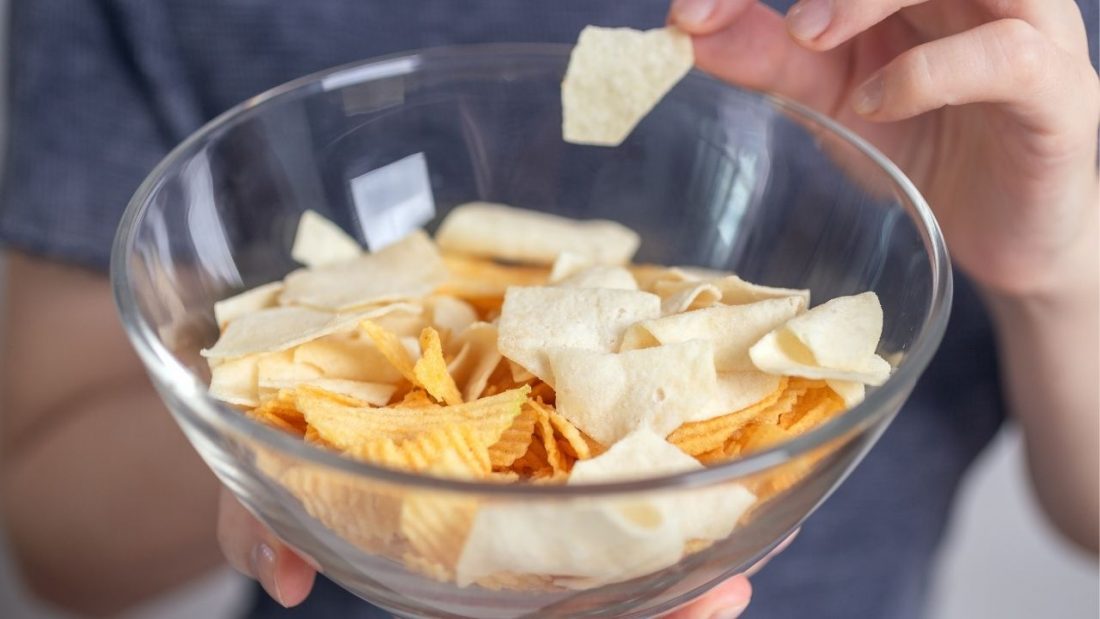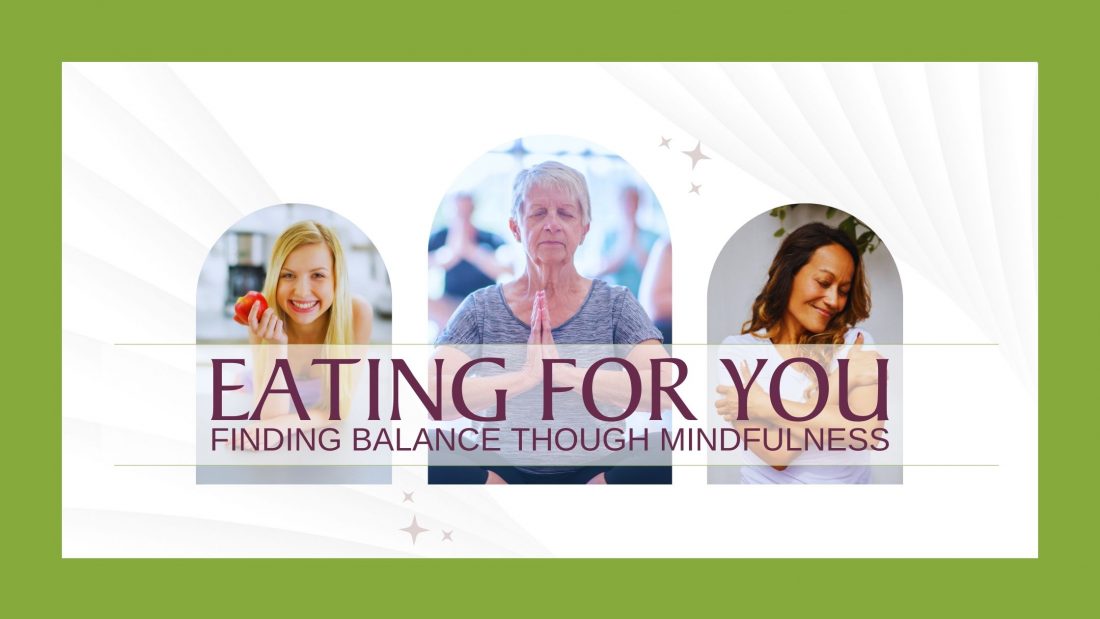Eating mindfully to overcome emotional eating habits, including stress and boredom eating is supported by scientific research.
Let’s take a look at emotions and how they impact on our enjoyment of food. This post concludes our three-part Eat Mindfully series.
What are emotions?
Understanding our emotions is essential, as we make decisions and take certain actions, such as eating, based on how we feel.
To better navigate your relationship with food and make choices that will help you to overcome your emotional eating habits, you have to know what emotions are.
The medical and psychological definition of emotions can be summarised as:
A complex short-lived mental state of intense feelings that is linked to physiological and behavioural changes.
So emotions are a mind-body experience.
The feeling
Emotions are not experienced in the same way for everyone, for example, the continuum for anger is a mild annoyance to uncontrollable rage.
Just like sadness, might be feeling a “bit down” to heart-wrenching sobbing.
Also, you can experience mixed emotions – excited about moving to a new home, but sad to leave your current one.
Physiological response
The physiological response, mentioned in the definition above, maybe gut-churning or bloating, heart palpitations, shortness of breath, headaches, or sweaty palms.
You may have a different body response at different times.
These physiological responses are channeled through the sympathetic nervous system, which controls the body’s flight-fight response.
This is activated when we perceive a threat.
More recent research shows that specific regions of the brain are also involved with the expression and regulation of emotions.
Behavioural changes
Behavioural changes or expressions of emotion vary from person to person, and in response to different emotions.
Body language can often give us an insight into how others are responding emotionally, and then specific behaviours might follow e.g. yelling, quietness and withdrawal, or eating.
What are your emotional patterns?
Do you experience fear, anxiety, or sadness?
And how do you respond?
Emotions have great potential
Experiencing emotions is part of being human.
They are not something to be ashamed of, but we are not taught how to gain the most benefit from them.
Emotions are a great source of insight into others and yourself.
My interest in emotions stems from Eastern medicine and Tibetan Buddhist practices, in particular the practice of mindfulness and mindful eating.
Since teachers of Ayurveda, Indian Medicine, and Buddhist teachers have been observing emotions for thousands of years, they have learned methods to transform the energy of emotions for “good”.
I use this simple word “good” to mean beneficial outcomes for our health and wellbeing, as well as the health and wellbeing of others.
Experiencing emotions is part of being human. They are not something to be ashamed of, but we are not taught how to gain the most benefit from them.
How to overcome emotional eating habits
The practice of mindfulness brings our awareness to our eating habits and our emotional patterns, in a kind and compassionate way.
It encourages us to pause before we react.
Since habits occur on autopilot, we need to break the cycle of feeling and then eating.
Three steps to overcome emotional eating habits
#1 The first step is connecting with what you are feeling.
Sometimes it is beneficial to name what you are feeling e.g. sad, angry, or happy.
#2 Then consider how you usually manage your feelings with food.
For example, your partner, friend, or work colleague speaks harshly or criticises you, you feel angry, sad, or guilty, and because you are not sure what to do with your emotions before you know it, you have eaten the chocolate bar, or tub or ice-cream or packet of chips or all three.
As mentioned above, we didn’t grow up with guidance on how to manage our emotions, so we learn or develop ways to soothe emotions.
Not all of our methods for soothing emotions are beneficial.
Unfortunately, emotional eating often leads to further negative emotions of guilt, self-blame, and hopelessness.
…before you know it, you have eaten the chocolate bar, or tub or ice-cream, or packet of chips, or all three.
#3 Choose how to soothe emotions
Once you become more aware of your emotional patterns and eating habits, you can start to choose different ways to soothe your emotions.
Keeping a Mindful Eating Journal is a great way to connect with and start transforming your eating habits.
Research indicates that it is the practice of pausing that connects you with your emotional driver for eating, and gives you the time to consider whether eating is the best choice for you now.
Keeping a Mindful Eating Journal is a great way to connect with and start transforming your eating habits.
If you are interested in receiving the support of like-minded women then join our Eating for You Community on Facebook
Please answer all of the membership questions so your request can be approved ASAP.




